【新唐人2012年1月18日訊】日本政府日前決定正式命名39個無人島嶼,其中包括釣魚臺列島附屬7座無名小島,北京和台灣外交部對此表達抗議。日前,中國漁政船駛入釣魚島海域,再次遭到日本巡邏船攔截。釣魚島主權爭端新年再度加劇,也增大了引發中日衝突的風險。
日本內閣官房長官1月16號在記者會上宣稱,日本計劃3月底以前完成東海尖閣諸島、也就是釣魚島周邊39個無人小島的命名,並劃入日本新的地圖。
日方強調,這些無名小島存在於2010年中日尖閣諸島附近撞船現場周邊,是依據日本200海浬排他性經濟海域的基準。
1994年起生效的《聯合國海洋公約》規定,沿海國家從領海界限算起有不超過200海浬的專屬經濟海域。中日各自主張擁有釣魚島主權,各自劃分的東海界限及經濟海域存在雙方重疊的爭議。
「中國外交學院亞太研究中心」主任蘇浩教授表示,日本單方面的行為不符合國際法。
蘇浩:「作為國際慣例來說,如果存在爭議的海域,或者存在爭議的島嶼以及大陸架,那麼,存在爭議的地區在問題沒有解決之前,別的國家沒有單方面的這種權力,來明顯的劃定海區或者給予它進行排他性的管轄。所以,從這個角度來說,日本的行為是不符合國際法的規定。」
17號,台灣外交部向日本表達嚴正抗議。外交部發言人章計平重申,釣魚臺列島是中華民國固有疆域,中華民國秉持主權在我、擱置爭議、共同開發、和平互惠的原則,呼籲各方致力於區域和平穩定。
中華民國外交部發言人章計平:「要求日方一定要自我克制,不要用任何的言語或行動來侵犯中華民國的領土主權,損及到我們跟日本的雙邊關係。對於後續的發展,我們當然會密切因應來注意,我們一定會全力的捍衛、維護國家應有的尊嚴以及權益。」
中國漁政船13號駛入釣魚島海域,再次遭到日本多艘巡邏船攔截。3號,包括2名沖繩議員在內的4名日本人登上釣魚島,引起中方強烈抗議。
香港城市大學政治學教授鄭宇碩表示,日方議員登陸釣魚島打破了中、日政府早有的「不登島」默契。
「香港城市大學」教授鄭宇碩:「中國一直避免刺激日本,但是日本方面沒有這樣做,所以,中國的保衛釣魚島主權的團體就不很滿意。要是雙方都不派人登陸釣魚島,這個是可以接受的,但是,要是日本人去,那中國人也應該可以去。中國傳統上,中國大陸政府外交的事情不允許民間團體碰。」
對此,網民們的憤怒高漲到極點。而中國民間保釣團體4號發起的抗議活動,卻遭到警告和打壓﹔來自香港、大陸和台灣的民間保釣團體計劃出海到釣魚島,也遭到港府攔截。
香港「保釣行動委員會」主席陳妙德表示,維護釣魚島主權的行動不會放棄。
陳妙德:「我們的政府只會打壓自己的子民,對於外交方面太過軟弱了,我們出海它也不給,為了甚麼嘛?而且,這簡直是喪權辱國!」
日本首相去年底訪華,沒有就東海油氣田爭議取得進展。日本外相日前從海上視察與俄羅斯有領土爭議的北方四島。在新的一年裡,東亞領土主權爭端面臨衝突激化的風險。
新唐人記者常春、李元翰、王明宇採訪報導。
Taiwan and Mainland China Protest Japan's Decision to Name Seven Diaoyu Islands
The Japanese government decided to formally name 39
uninhabited islands, including 7 of the Diaoyu Islands.
Both Beijing and Taiwan foreign ministries protested the move.
Recently, a Chinese fishing boat again entered the ocean
near the Diaoyu islands, but was stopped by Japanese patrol boats.
A sovereignty dispute of over the Diaoyu islands has heated
up again, increasing the chance of a Sino-Japan conflict.
Japan's Chief Cabinet Secretary announced on Monday at a
news conference that, by end of March, Japan plans to
name 39 uninhabited islands on the new Japanese map,
some of which are part of the Diaoyu Islands,.
Japan stressed that these unnamed islands are near the
location of the 2010 Chinese-Japanese crash,
and is within Japan's 200 nautical miles economic zone.
According to the United Nations Convention on the Law of
the Sea signed in 1994,
coastal countries have ownership of an economic zone of
less than 200 nautical miles.
China and Japan both claim ownership of the Diaoyu islands,
and set different boundaries for the East China Sea and economical zones.
Su Hao, “According to international tradition, if an ocean,
island, or other continental land is under dispute,
then before the dispute is resolved, no country has the right
to declare boundaries or rule over the region.
From this point of view, Japan's actions violate
international regulations.”
On the 17th, Taiwan's foreign ministry expressed severe
protest of Japan's actions.
Foreign Ministry spokesman Zhang Jiping stressed that
the Diaoyu Islands are an integral part of the Republic of China.
The Republic of China has a policy of claiming ownership,
putting aside dispute, and seeking mutual, peaceful development.
He urged all parties to maintain peaceful and stable
development of the area.
Zhang Jiping, “We request that Japan restrain itself, not use
any language or actions that would invade sovereignty of the Republic of China or damage our relationship.
We will closely watch future development, and are determined
to guard and protect the sovereignty and interest of our nation.”
On the 3rd, four Japanese, including two Okinawa legislators,
landed in the Diaoyu islands, drawing Chinese protest.
A Chinese fishing boat entered the Diaoyu islands on the
13th, but was intercepted by many Japanese patrol boats.
City University of Hong Kong political science professor
Chung Yushi expressed that
Japanese legislators landing on the island broke an unspoken
agreement between China and Japan of “No Landing.”
Chung Yushi, “China always avoids provoking Japan,
but Japan hasn't done the same,
so Chinese groups for protecting sovereignty of the
Diaoyu Islands are very angry.
If no one lands on the island, that's acceptable, but if the
Japanese do, the Chinese should too.
Traditionally, the mainland Chinese government does not
allow civilian groups to interfere with foreign diplomacy.”
Regarding this, Chinese netizens are furious.
However, protesters were warned and protest activities
started by the general public were suppressed.
Many Hong Kong, Mainland, and Taiwanese groups planned
to sail to the Diaoyu Islands, but were intercepted by the Hong Kong government.
Hong Kong “Protect Diaoyu Islands” committee president,
Chen Miaode,
expressed that they will not give up on
protecting sovereignty of the Diaoyu islands.
Chen Miaode, “Our government only knows how to suppress
its own citizens, but is too soft on foreign issues.
We want to sail but it (Chinese regime) won't let us, why?
This is a disgrace to the country!”
The Japanese Prime Minister visited China last year, but
didn't make any progress on the dispute over East China Sea Oil and Gas'exploration. A Japanese Foreign Minister recently went to look at the
Kuril Islands, which is under dispute between Japan and Russia.
In the new year, border disputes in Asia will reach
a new, dangerous level.
NTD reporters Chang Chun, Li Yuanhan and Wang Mingyu
看下一集
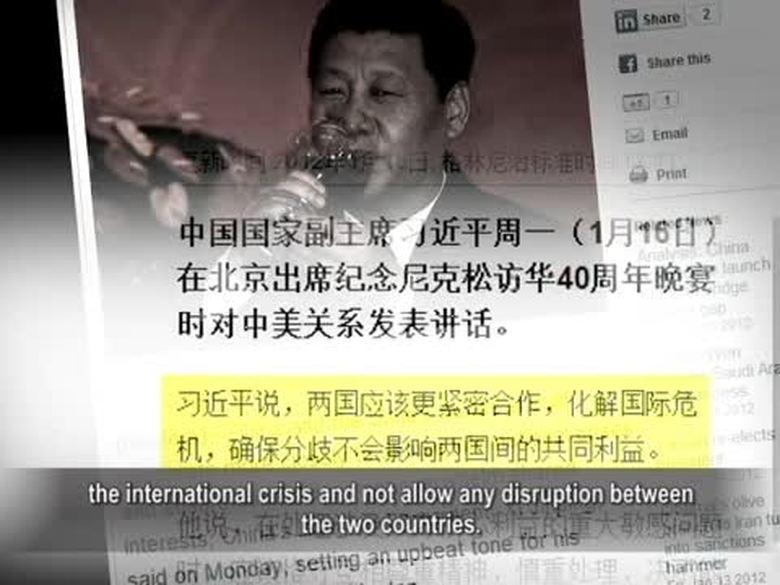
【禁聞】尼克松訪華週年 習近平向美示好
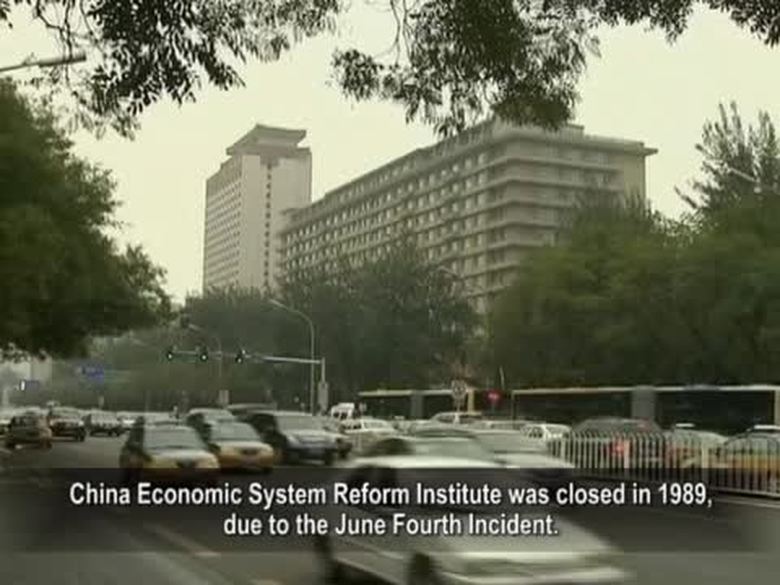
【禁聞】學者台灣觀選 籲中共倣傚蔣經國
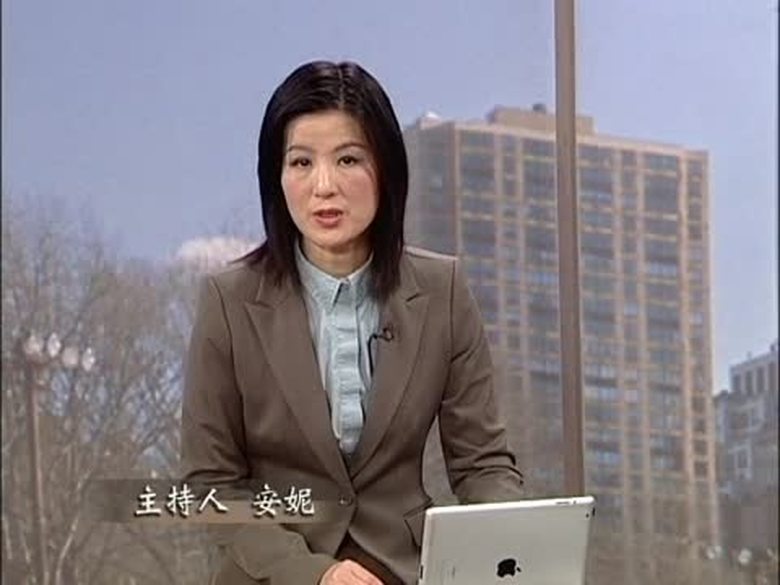
【禁聞論壇】當中國的基督徒超過一億
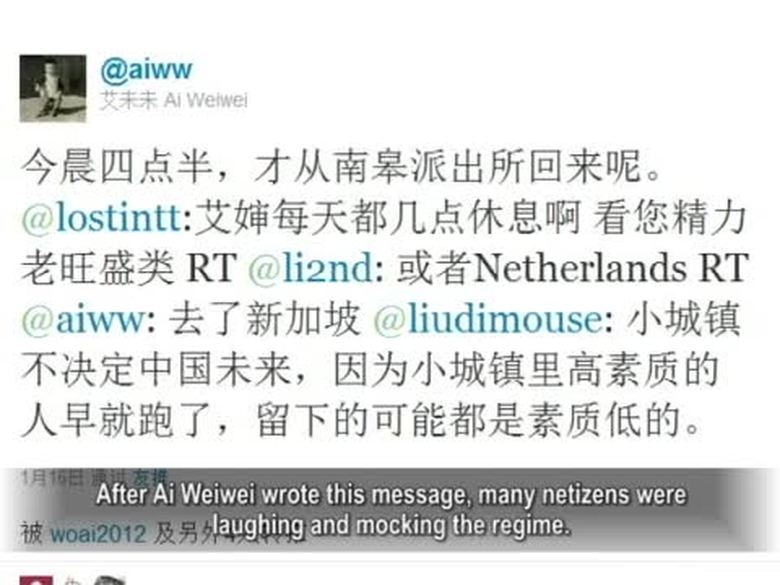
【禁聞】艾未未「圍攻攝像頭」被傳喚 網友笑翻
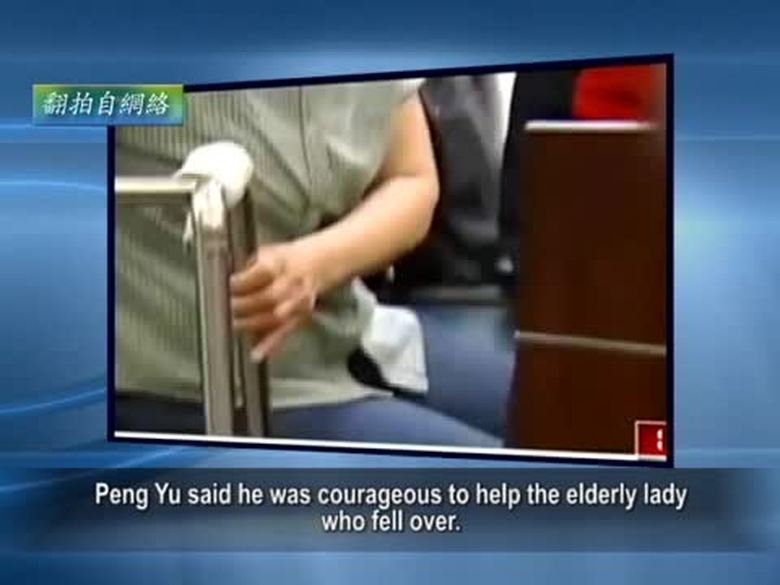
【禁聞】新版彭宇案 社會道德沒有滑坡?
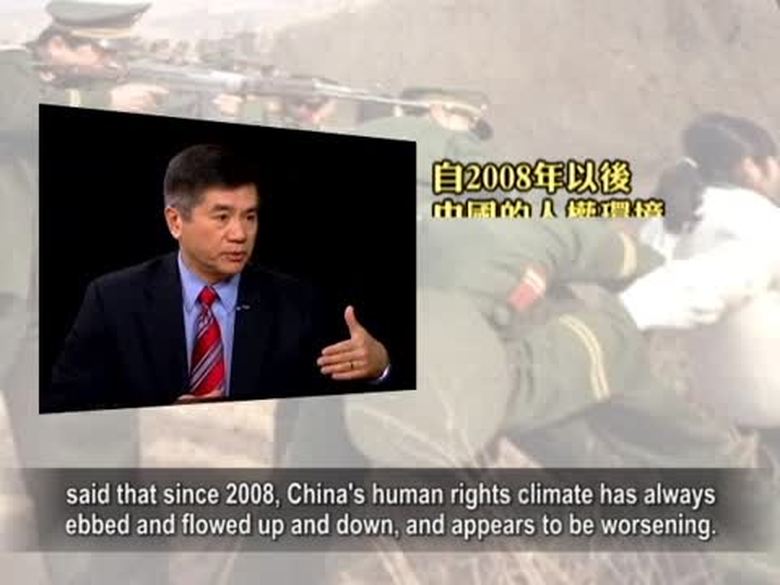
【禁聞】大陸人權惡化 中共外交辯駁引民憤
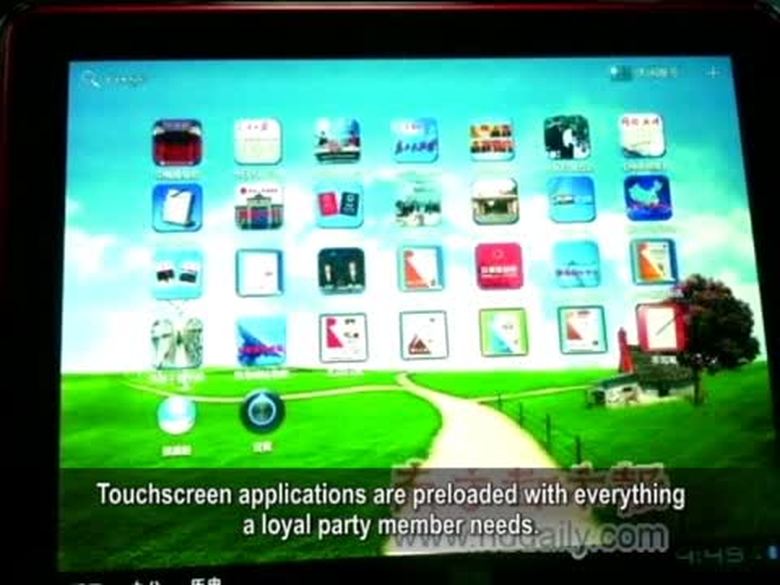
【禁聞】「紅派壹號」特供領導行動辦公室

【禁聞】中國經濟上半年探底 軟著陸可期?
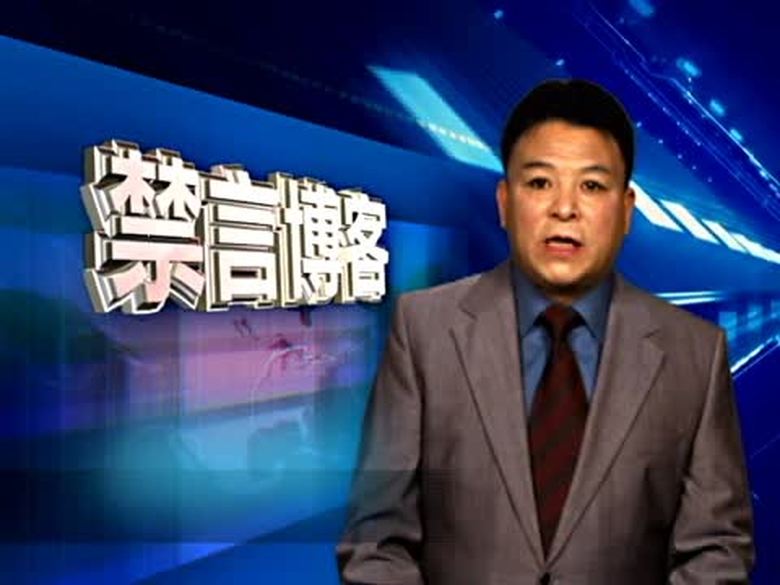
【禁言博客】2011年中國人都明白了甚麼
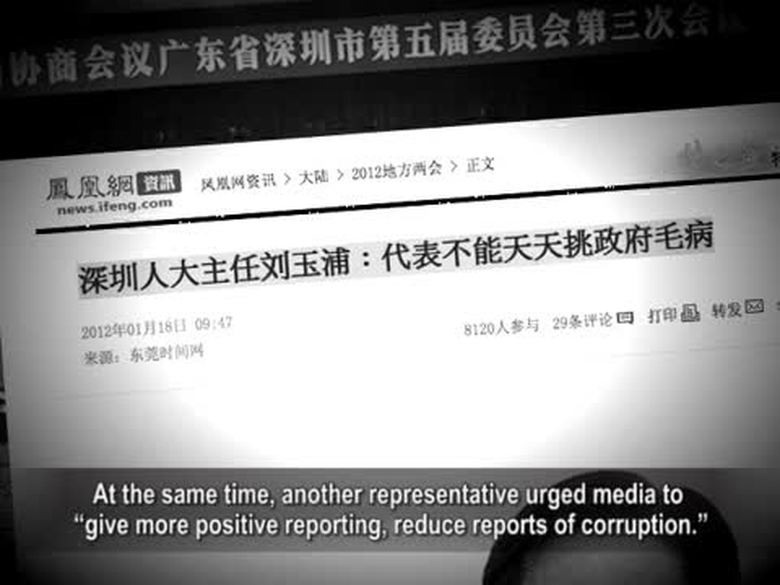
【禁聞】深圳兩會代表禁「揭貪腐」 成笑柄
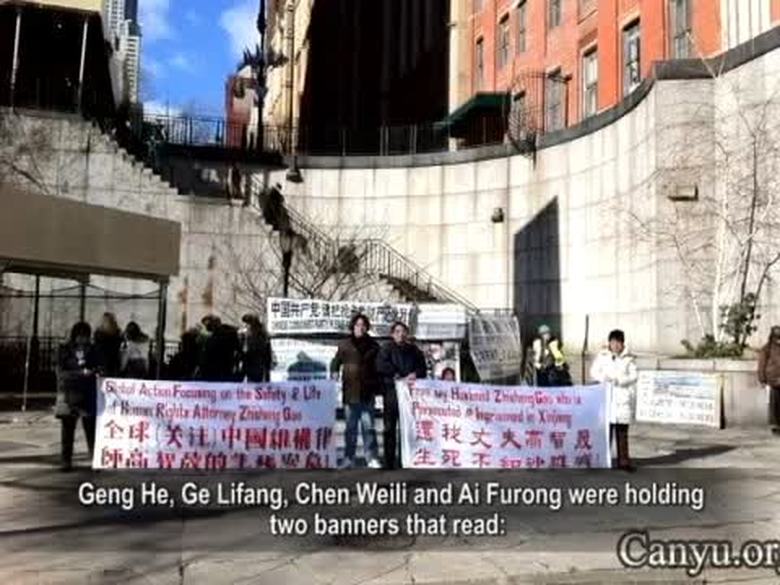
【禁聞】訪民紐約聲援高智晟 耿和盼團聚
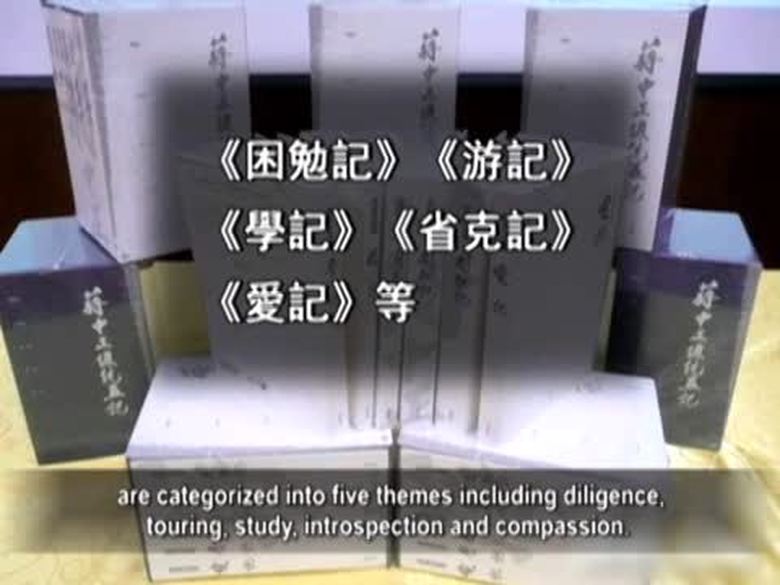
【禁聞】《五記》新書發表 還原民國歷史
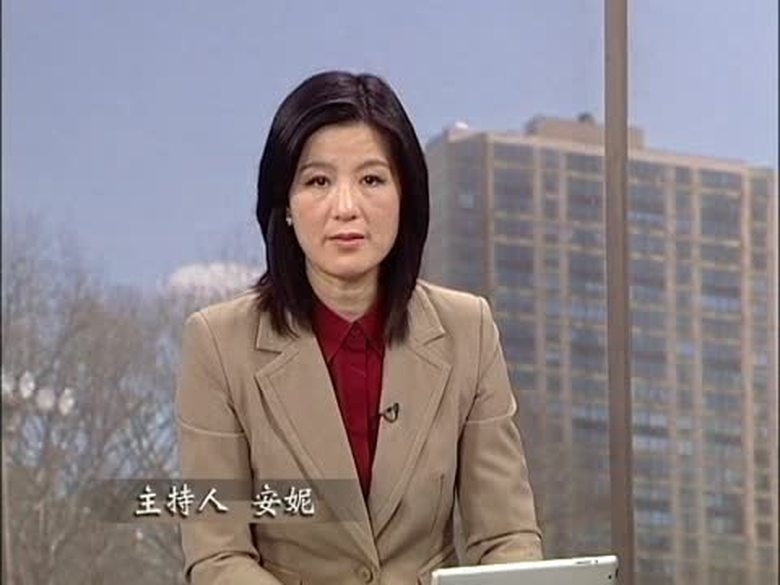
【禁聞論壇】2011年中國百姓交了多少稅?

【禁聞】鄧南巡未見報講話再現 胡借鄧批江
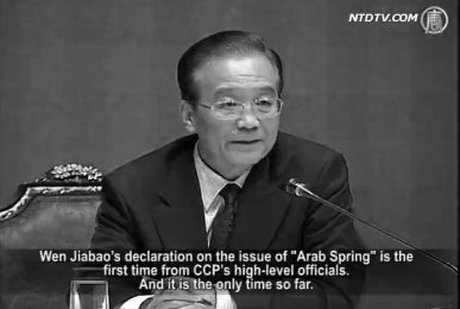
【禁聞】溫家寶挺阿拉伯之春 促政改

【禁聞】億萬富姐判死刑 官民兩重天








